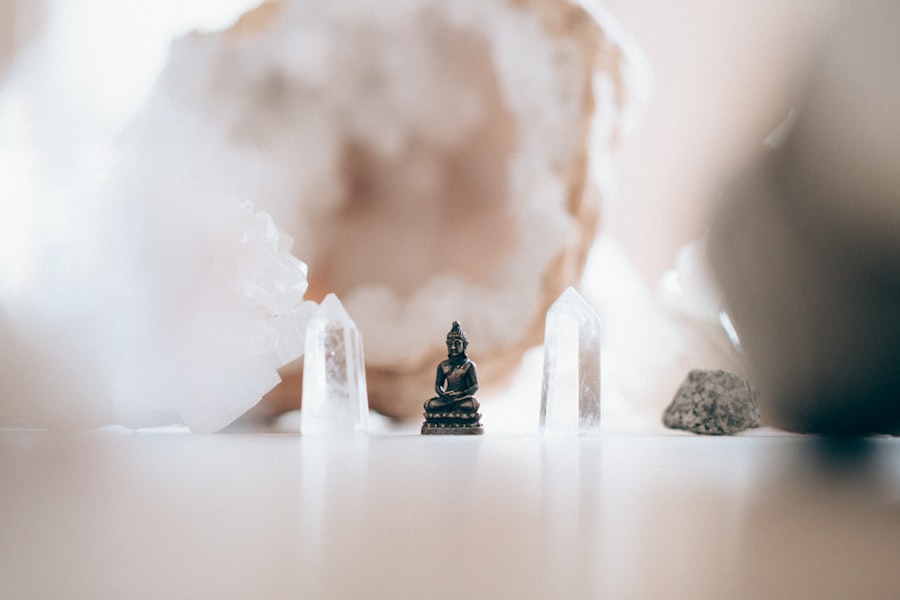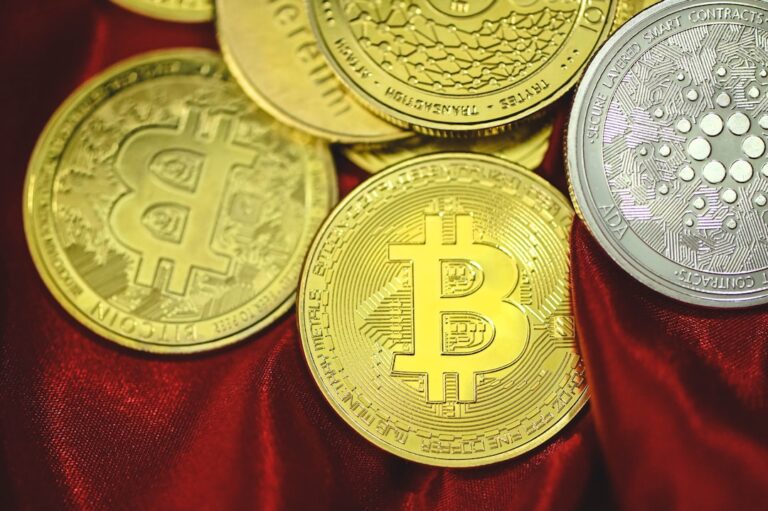How to Clear Karmic Debt 19?
Karmic debt is a concept rooted in the belief that our actions have consequences that carry over from one lifetime to the next. It is the idea that we are responsible for the energy we put out into the world and that this energy will eventually return to us in some form. This can be positive or negative, depending on the nature of our actions. Karmic debt is often seen as a way to balance the scales of justice in the universe, ensuring that we learn from our mistakes and make amends for any harm we have caused.
In understanding karmic debt, it is important to recognize that it is not about punishment, but rather about learning and growth. It is about taking responsibility for our actions and understanding that we have the power to change our future by making different choices in the present. By acknowledging our karmic debt, we can begin to see the patterns and behaviors that have led us to this point and work towards creating a more positive and harmonious future for ourselves and those around us.
Key Takeaways
- Karmic debt refers to the consequences of past actions that affect our present and future experiences.
- Recognizing patterns and behaviors can help identify karmic debt and break negative cycles.
- Taking responsibility for past actions is essential for resolving karmic debt and creating positive change.
- Practicing forgiveness and letting go of resentment is crucial for releasing karmic debt and moving forward.
- Setting positive intentions and taking proactive actions can help balance karmic debt and create a more fulfilling life.
Recognizing Patterns and Behaviors
One of the key aspects of understanding karmic debt is recognizing the patterns and behaviors that have led us to this point. This involves taking a close look at our actions, thoughts, and emotions and identifying any recurring themes or cycles that may be contributing to our karmic debt. This can be a challenging process, as it requires us to be honest with ourselves and confront any negative patterns that may be holding us back.
By recognizing these patterns and behaviors, we can begin to take steps towards breaking free from them and creating a more positive future. This may involve making changes to our lifestyle, relationships, or mindset in order to align ourselves with more positive energy. It may also involve seeking support from others who can help us identify and address these patterns in a constructive way.
Taking Responsibility for Past Actions
Taking responsibility for our past actions is a crucial step in addressing our karmic debt. This means acknowledging any harm we may have caused to others, whether intentionally or unintentionally, and making amends where possible. It also means taking ownership of our mistakes and learning from them in order to avoid repeating them in the future.
This process can be difficult, as it requires us to confront our own shortcomings and face any guilt or shame that may arise as a result. However, by taking responsibility for our past actions, we can begin to release the negative energy associated with them and create space for healing and growth. This may involve seeking forgiveness from those we have wronged, as well as forgiving ourselves for any mistakes we may have made.
Practicing Forgiveness and Letting Go
Practicing forgiveness and letting go is an essential part of addressing karmic debt. This involves releasing any resentment or anger we may hold towards others, as well as towards ourselves. It means recognizing that holding onto negative emotions only serves to perpetuate the cycle of karmic debt, and that true healing can only come from a place of love and compassion.
Forgiveness does not mean condoning or excusing the actions of others, but rather releasing the hold that these actions have on us. It is about freeing ourselves from the burden of carrying around past grievances and allowing ourselves to move forward with a sense of peace and acceptance. This can be a transformative process that allows us to break free from the chains of karmic debt and create space for positive energy to flow into our lives.
Setting Positive Intentions and Actions
Setting positive intentions and taking positive actions is a powerful way to address karmic debt. This involves making a conscious effort to align ourselves with love, compassion, and kindness in all that we do. It means approaching each day with a sense of purpose and mindfulness, and making choices that reflect our desire to create positive change in the world.
By setting positive intentions and taking positive actions, we can begin to shift the energy around us and create a more harmonious environment for ourselves and those around us. This may involve acts of kindness, generosity, or service to others, as well as making choices that are in alignment with our values and beliefs. By doing so, we can begin to create a new karmic cycle that is rooted in positivity and growth.
Seeking Spiritual Guidance and Support

Seeking spiritual guidance and support can be invaluable in addressing karmic debt. This may involve seeking out the wisdom of spiritual teachers, mentors, or guides who can offer insight and perspective on our journey. It may also involve connecting with a community of like-minded individuals who can provide support and encouragement as we work through our karmic challenges.
Spiritual guidance can help us gain clarity on our path and provide us with tools and practices to help us navigate the complexities of karmic debt. It can also offer us a sense of connection and belonging as we work towards healing and growth. By seeking out spiritual guidance and support, we can gain a deeper understanding of our karmic journey and find strength in knowing that we are not alone in our quest for balance and harmony.
Embracing Self-Reflection and Growth
Embracing self-reflection and growth is an ongoing process in addressing karmic debt. This involves taking time to look inward and examine our thoughts, emotions, and actions with honesty and compassion. It means being open to learning from our experiences and being willing to make changes in order to create a more positive future.
Self-reflection allows us to gain insight into the patterns and behaviors that may be contributing to our karmic debt, as well as the opportunity to make amends for any harm we may have caused. It also provides us with an opportunity for personal growth and transformation as we work towards aligning ourselves with higher principles and values. By embracing self-reflection and growth, we can begin to break free from the cycle of karmic debt and create a life that is rooted in love, compassion, and harmony.
If you’re interested in learning more about aligning with your higher purpose, you may want to check out this article on Angel Number 1133: Aligning with Your Higher Purpose. This article delves into the significance of the angel number 1133 and how it can help guide you towards fulfilling your life’s purpose.
FAQs
What is karmic debt?
Karmic debt is a concept in various spiritual traditions that refers to the idea that actions in past lives can create a spiritual debt that must be repaid in the current life.
How can one identify their karmic debt?
Identifying karmic debt often involves reflecting on recurring patterns or challenges in one’s life, as well as seeking guidance from spiritual teachers or practitioners.
What are some ways to clear karmic debt?
Some ways to clear karmic debt include practicing acts of kindness and compassion, seeking forgiveness from others, engaging in self-reflection and personal growth, and participating in spiritual practices such as meditation and prayer.
Can karmic debt be cleared completely?
the belief in whether karmic debt can be completely cleared varies among different spiritual traditions. Some believe that it can be cleared, while others believe that it may continue across multiple lifetimes.






